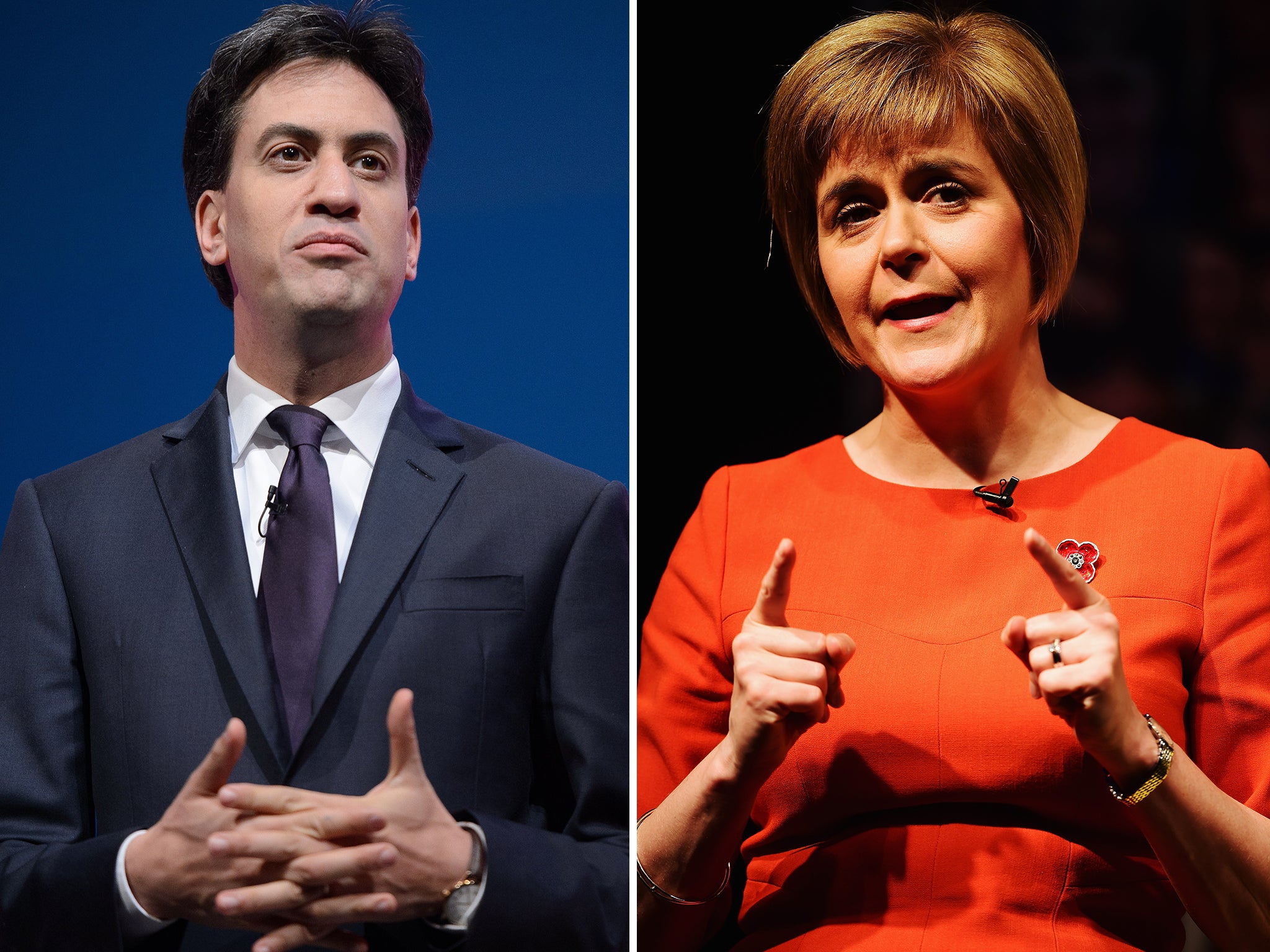Election 2015: Much of the concern about the ‘legitimacy’ question is misplaced
What if Ed Miliband were to come second and form a government?


I think a lot of the chatter about “legitimacy” is mistaken. Yes, some people might think it a bit off if Labour comes second in votes and second in seats and forms a government.
But that would be the system working as intended. We elect an MP to represent our constituency, and the person and party able to command a majority in the House of Commons forms a government.
If the opinion polls are right, that person would be Ed Miliband and that party would be Labour. It would have a majority in the Commons because the Scottish National Party would support it, whether Labour MPs wanted it to or not. As Rachel Reeves said, “We’re not going to stand on the doors of the division lobby and say, ‘You can’t come in here unless you’re in the Labour Party.’”
No, it doesn’t happen very often, and the last time it did, in 1924 after the 1923 election, it didn’t last long. (Labour again, under Ramsay MacDonald.) But it would be legitimate. Legitimacy comes from a majority in the Commons.
There is no other way of doing it without changing the voting system and the constitution. No one would expect Labour to abstain and to allow David Cameron to continue in government if the anti-Conservative parties had a majority.
The real legitimacy question concerns the SNP. They do not think that they should be in the House of Commons at all, although, unlike Sinn Fein, they do take their seats. They do not even, since Nicola Sturgeon changed it, have a policy of abstaining on purely English, Welsh and Northern Irish business.
They owe no loyalty to the House of Commons, so they have no incentive to make it work. (You could say the same things apply to Labour’s sister party in Northern Ireland, the SDLP, but it has only three MPs.)
For the SNP, the precedent is 1910, when the Irish nationalists held the balance of power and forced a second election by a campaign of disruption. It would be easier for the SNP to blockade the Commons because of the FTPA, the Frustrate The Parliament Act, better known as the Fixed-term Parliaments Act. The Act would allow the SNP to join with the Conservatives to stop a Labour government from legislating, but to deny Miliband the right to seek a new election.
I don’t think Sturgeon would do that straight away, because she is pretending to ex-Labour voters in Scotland that she wants to be constructive. But after next year’s Scottish Parliament elections ... then I think there could be a legitimacy crisis.

Join our commenting forum
Join thought-provoking conversations, follow other Independent readers and see their replies